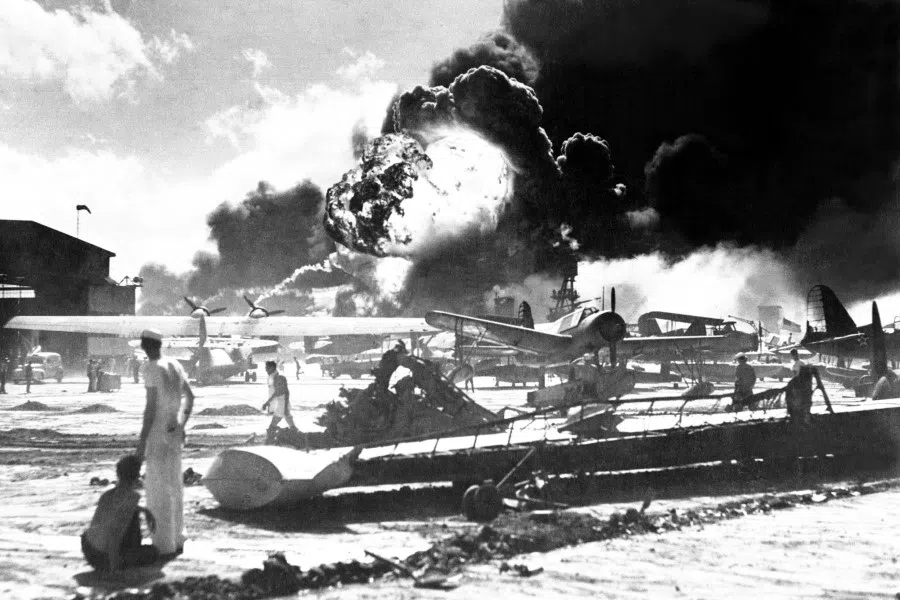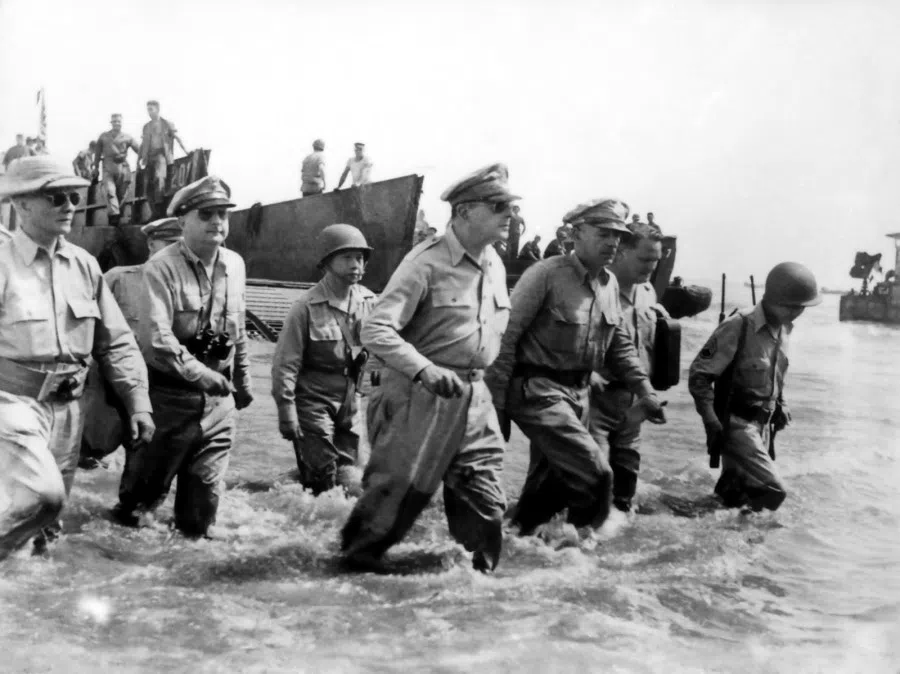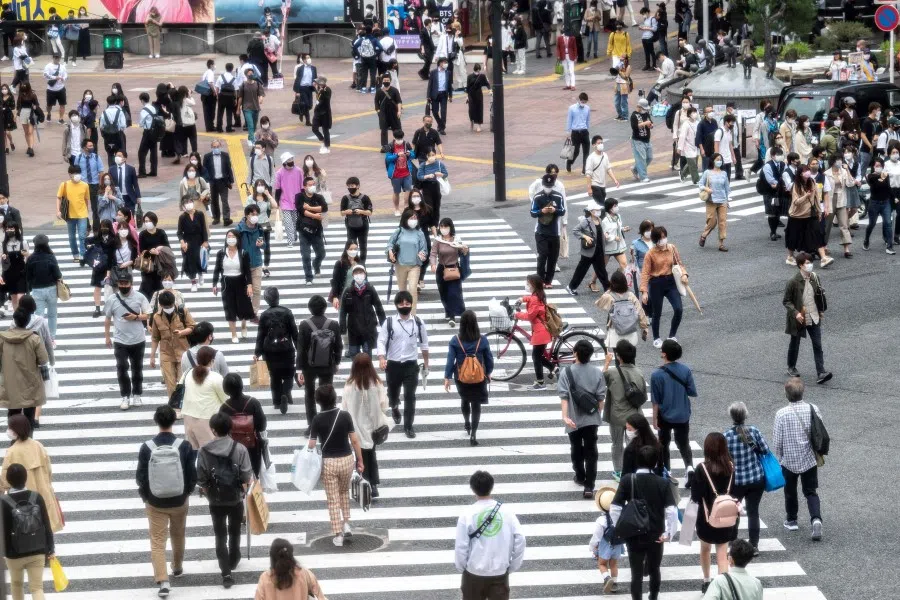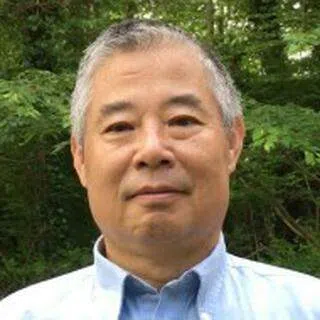US academic: Is Japan a true and loyal US ally?
US academic Han Dongping says that while many assume Japan to be a loyal friend of the US, their complicated history suggests otherwise. Having used the atomic bomb on Japan, the US has continued to leverage the outcome of WWII to keep Japan as a pawn in its international strategy. Americans may argue that they are protecting Japan, but ask the Japanese in private, and some of their answers may surprise you. He asks: will Japan still be a willing US flunky if the global situation changes?

Japan recently said that it wants to join the UK and US-led Five Eyes alliance and hinted that in the event of fighting in the Taiwan Strait, it might join the US military defence of Taiwan. (NB: Although Japanese Prime Minister Yoshihide Suga later denied this.) Some Chinese government officials and many Chinese people are surprised and unhappy about this, which shows that they do not understand the current situation with the Japanese government and people.
Japan's fate sealed after the end of World War II
There is a Chinese idiom 为虎作伥 (wei hu zuo chang, literally becoming a ghost because of a tiger) describing how those who are eaten by a tiger become its accomplices; applying this saying to Japan now makes everything clear.
During World War II, Japan launched a sneak attack on Pearl Harbor that took the US by surprise, sowing a grudge between the two countries. After Japan's defeat, it was occupied (or "eaten") by the US. Even its constitution was drafted by the occupying US forces, and - under the name of the Japanese government - put to a vote by the Japanese people. To get back at Japan for Pearl Harbor, the US had wanted to completely destroy Japan's industrial foundations, reducing Japan to mere farmland, giving it no chance to recover. The US had just built the atomic bomb earlier that year and could not wait to drop it on Japan, making it the only country in the world to come under nuclear attack. The US would not be comfortable with such a country.

In 1947, the Chinese Communist Party (CCP) was winning in the civil war initiated by the Kuomintang (KMT). The US saw its grand plan of supporting the Chiang Kai-shek regime to control Asia fall through and had no choice but to abandon its plan to destroy Japan. Instead, it supported Japan to make it a pawn in its global strategy, releasing previously detained Japanese war criminals and militarists and putting them in key roles to support Japan's re-industrialisation process. During the Korean War, the US government and military purchased huge quantities of military products in the vicinity of Japan, so that Japan's industries could restart and level up. Former Japanese Prime Minister Yasuhiro Nakasone once said the Korean War was a godsend to Japan, akin to a yowling infant finally getting its milk. There is no doubt that Japan got a lot of support from the US after the war.
Propping Japan up for a reason
In consideration of its Cold War needs, the US pressured its allies into signing accords with Japan, and most of Japan's former victims in Asia stopped seeking war reparations. Even today, some Chinese complain about Mao Zedong's decision to stop seeking compensation when establishing diplomatic ties with Japan in 1972, signing the Japan-China Joint Communique. However, it was the Chiang Kai-shek government that first ended the process; this was already old news by the time 1972 came around.

Furthermore, the vast amount of valuables and precious items that Japan took from its former occupied lands were seized by US occupying forces in Japan, and were not returned. This booty - known as the M-Fund, after US Major General William Marquat, the fund's initial overseer - came under General Douglas MacArthur. Some say the M-Fund had much to do with the pro-US Liberal Democratic Party (LDP) staying in office for decades after the war.
On 28 April 1952, the Treaty of San Francisco took effect, with the US nominally returning sovereignty to the Japanese government - while retaining over 100 military bases and 35,000 troops in Japan. And according to the Treaty of Mutual Cooperation and Security between the US and Japan, first signed in 1951, in times of crisis, US troops in Japan had the authority to effectively take over from the Japanese government, which meant that any Japanese government or politician that dared to challenge the will of their US masters would have to step down. Although this was later amended, it set the tone for Japan's foreign policy. This is why the LDP has managed to be the "roly poly toy" of Japanese politics. The only two governments formed by the Democratic Party of Japan (DPJ) crumbled after less than a year, because DPJ leaders felt that Japan had to improve relations with China, otherwise Japan would forever only be a US flunky. Their policies threatened US interests, and so they had to go.
...every time American students say in class that the US is protecting Japan's security, the Japanese would respond that the US is not protecting Japan's security but its own. They said the Japanese are fully capable of protecting themselves without needing protection from others.
Under the US's thumb...but for how long?
As long as there are US troops stationed in Japan, Japan cannot escape being a US flunky. And as long as the US is the world's big brother, it will not allow Japan to have real sovereignty. Japan's diplomatic policy can only be centred around US strategic interests, as a pawn in US international strategy. The LDP politicians are very clear of their status, and so are the other politicians and people in Japan. But many foreigners do not understand this.

However, Japanese people will not be willing to be US flunkies for long. Right now, given the US's number one global status, they have no choice but to go by what the US says. But once the situation changes, it is hard to say what the Japanese will do. I have many Japanese students in the US, and every time American students say in class that the US is protecting Japan's security, the Japanese would respond that the US is not protecting Japan's security but its own. They said the Japanese are fully capable of protecting themselves without needing protection from others. Whether the US is stationing troops in Japan to protect Japan or itself is a question that has no clear answer.
Many Chinese feel that the US has many firm allies, and Japan is one of them. On the surface, that is correct. But on a deeper level, the question becomes much more complex. As long as the US is the world's big brother with troops stationed in Japan, the Japanese government will obey the US. But if the global situation changes and the US position is no longer secure, or if the US government sees that stationing troops overseas does no real good for the US and pulls out its troops, that will be the proof of whether Japan is a true US ally.





